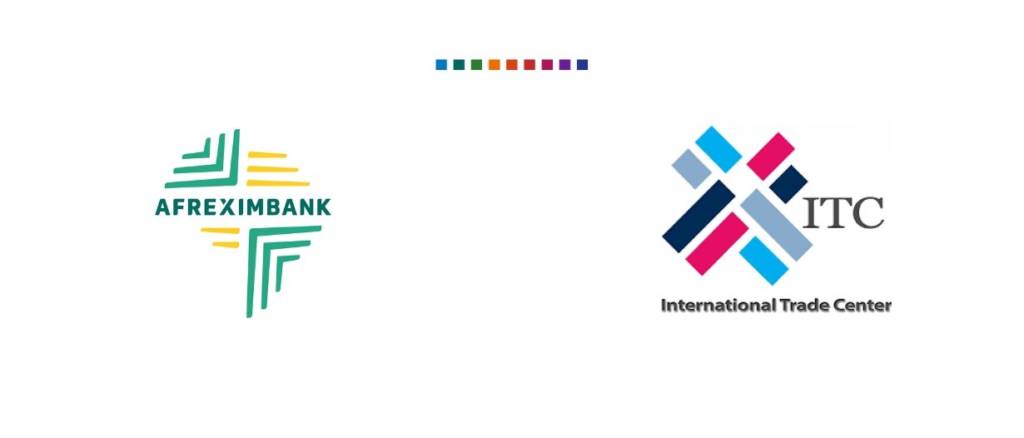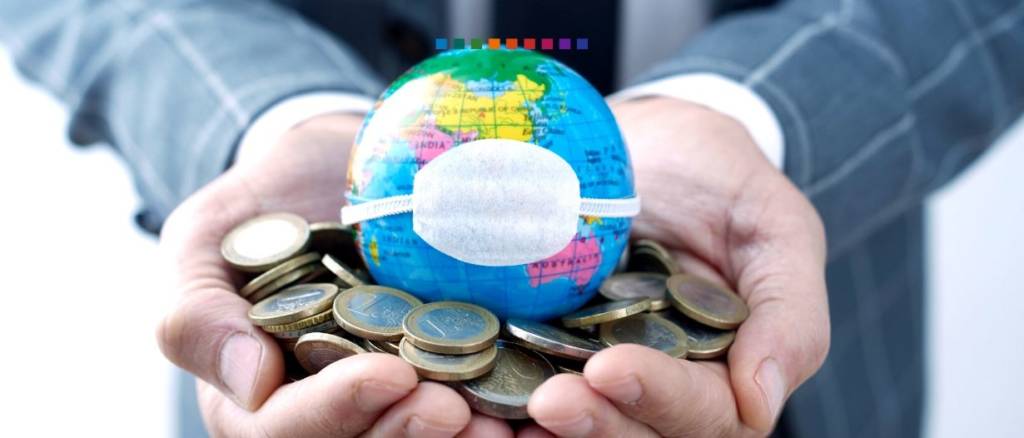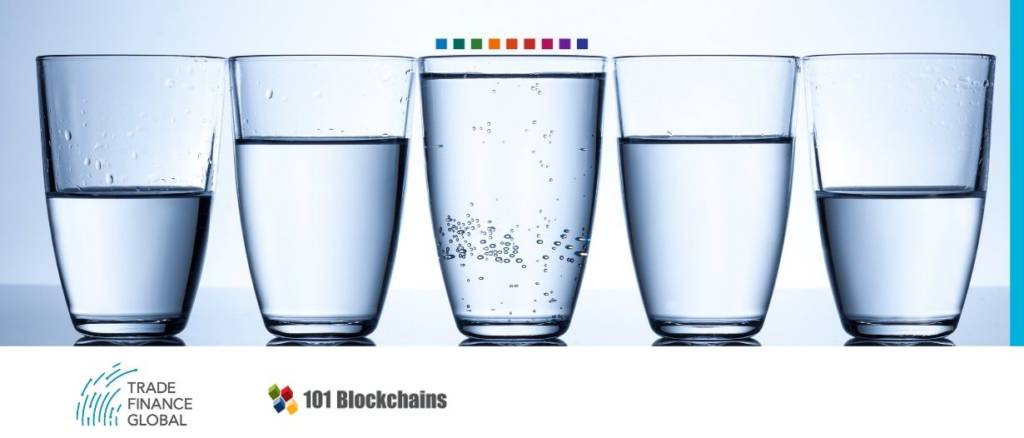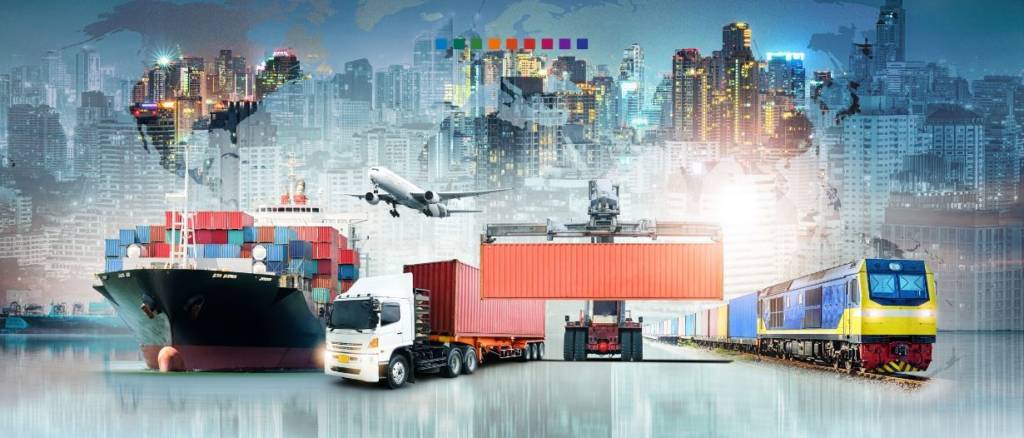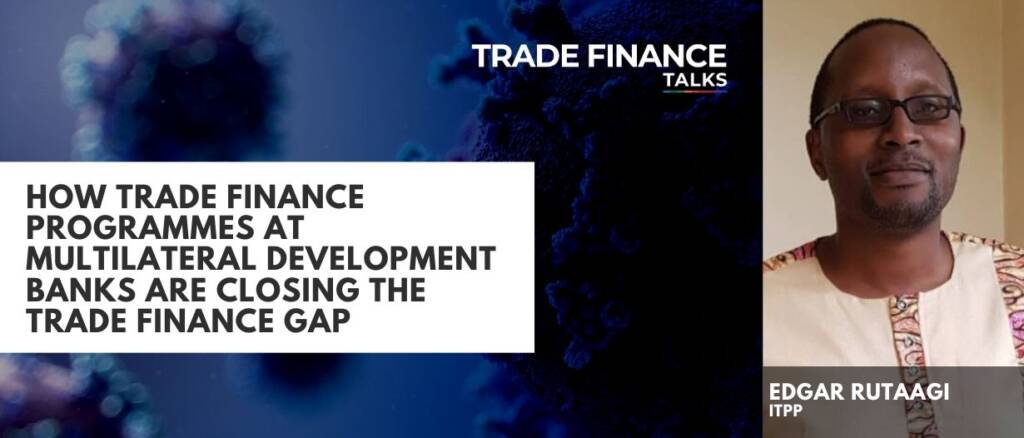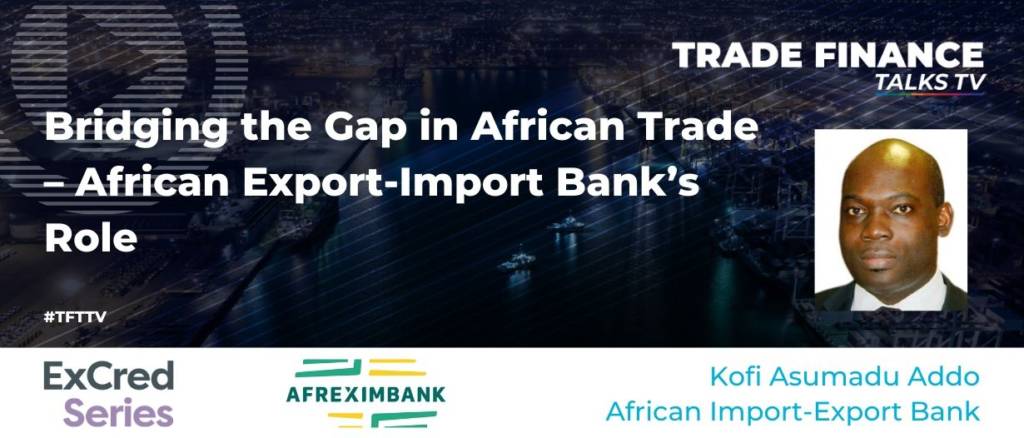Following several calls by business leaders and groups to provide state support for UK businesses, the UK Government have agreed to support intracompany trade by providing a reinsurance agreement open… read more →
The African Import-Export Bank (Afreximbank) and International Trade Centre (ITC) team up to help businesses make the most of the African Continental Free Trade Area. Cairo/Geneva, 3 June 2020 –… read more →
The pandemic can be an opportunity for TFTA Member States to weaponise cooperation not only for fighting against COVID-19, but also to achieve deeper integration which in the long run will boost intra-Tripartite trade.
By eliminating unnecessary paperwork, Port Community Systems contribute to sustainable transport logistics and support the ambition of meeting global carbon reduction requirements.
If we could picture the TIR system being implemented in the post-Covid era, it will be a step way forward in going paperless, reducing trade barriers, as well as adding value to existing transit transportation systems.
Singapore, June 2, 2020 – The COVID-19 pandemic has challenged food supply chains globally and especially in developing markets in Asia, the Middle East and Africa where lockdown measures have… read more →
(Jeddah, KSA, 1st June 2020) – The International Islamic Trade Finance Corporation (ITFC), has signed an agreement to support the provision of a food relief program for the most vulnerable people in… read more →
The value of Trade Finance Programs, which if combined with regulatory and technological innovation, is destined to hasten the closing trade finance gap and bring broader positive economic outcomes for nations.
From the African Continental Free Trade Area Agreement to MANSA, TFG heard from Afreximbank on how they are addressing the challenges around African trade
London, 27th May 2020 – Europe-wide research commissioned by innovative financial infrastructure provider Banking Circle has found that nearly two thirds (64.6%) of online merchants have needed extra finance in… read more →
















